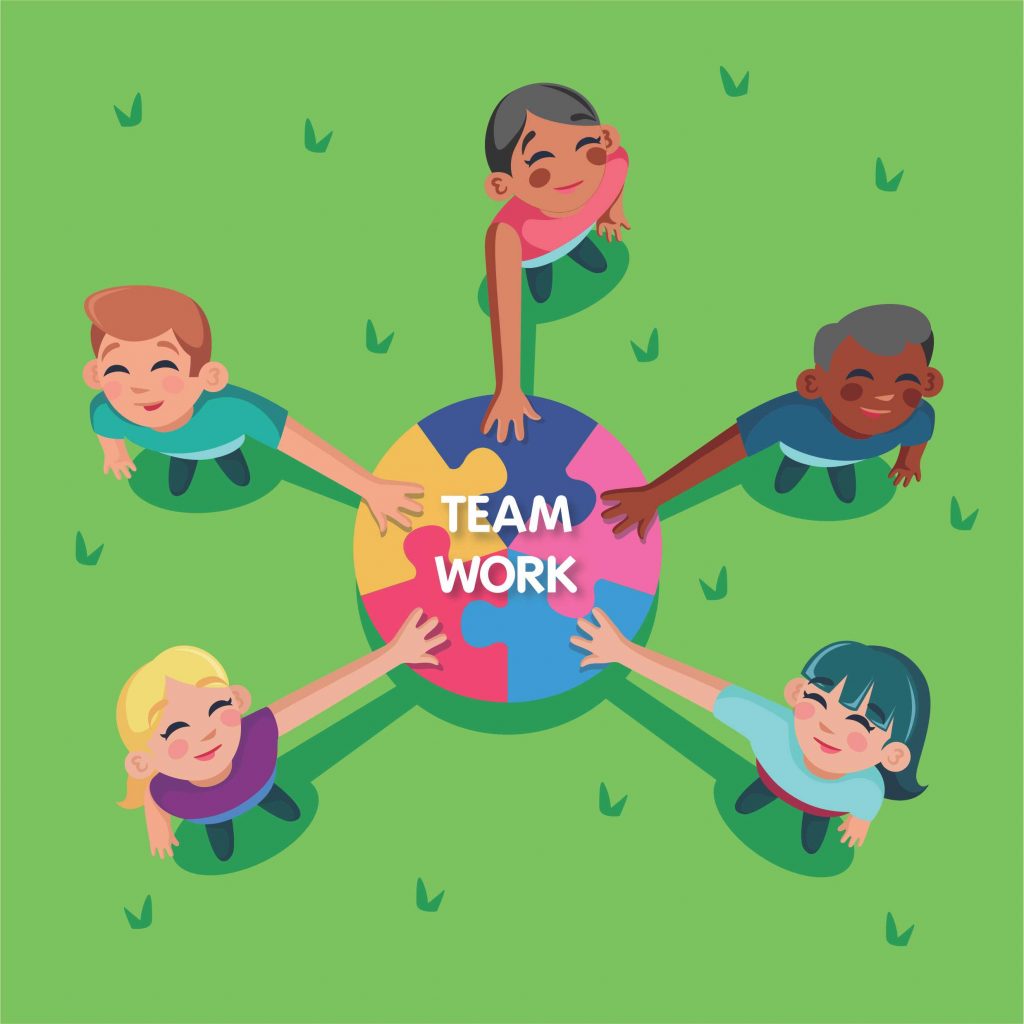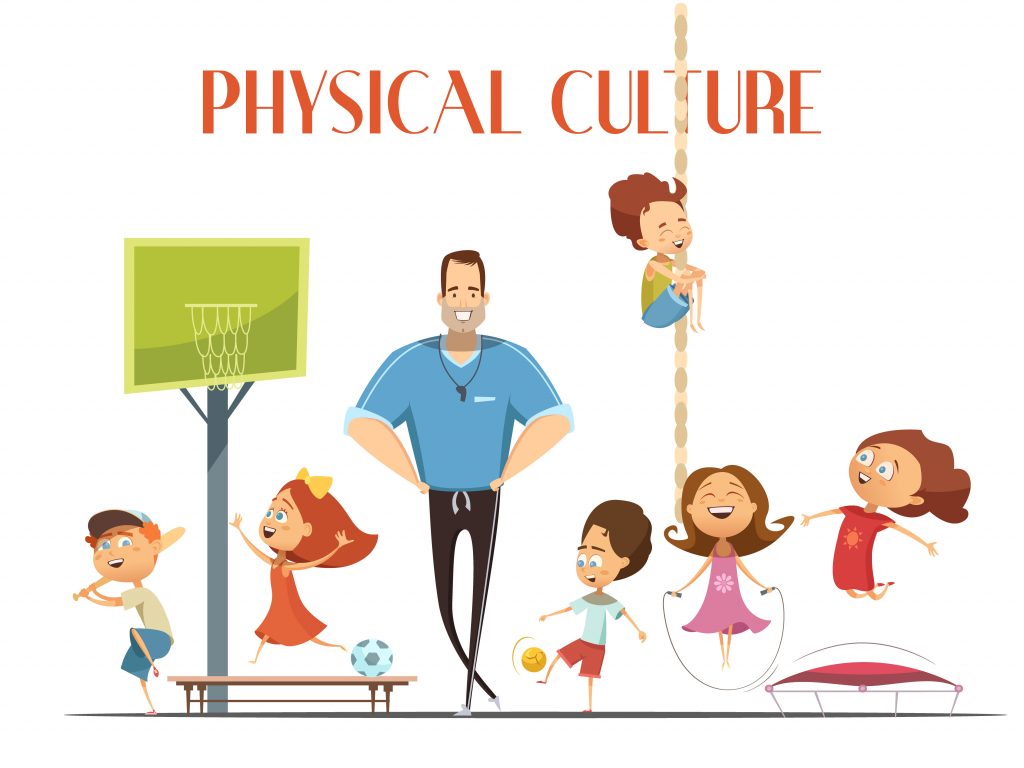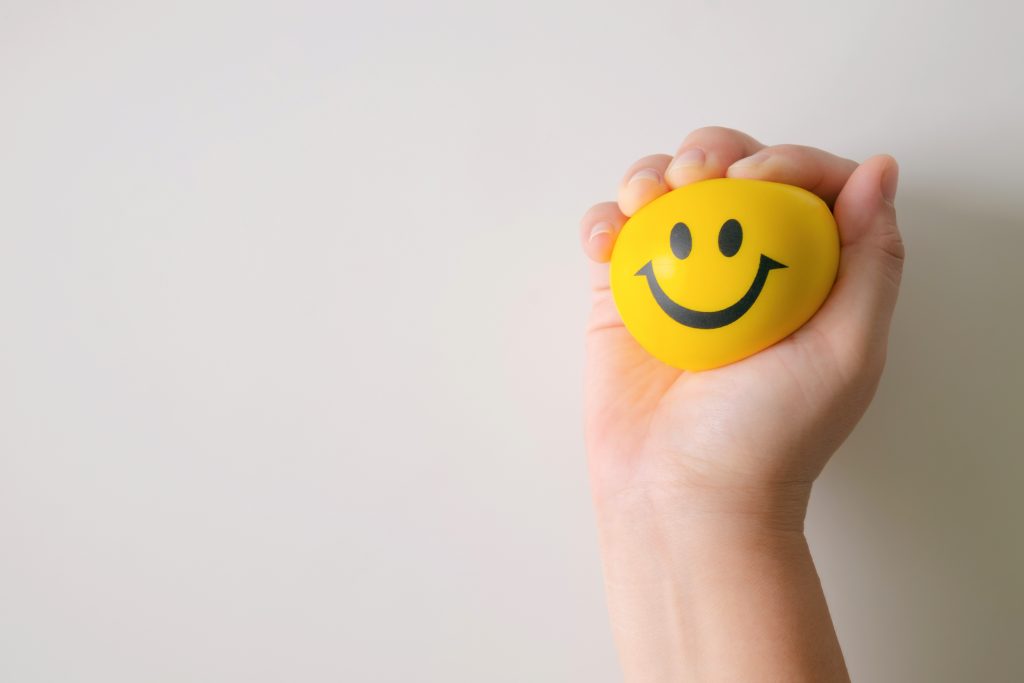
TIPS FOR PARENTS
Mrs G Haux, Head of Pre-primary
While 3- to 5-year-olds still need plenty of parental help, kids are typically able to do more than many of us think. Here’s how we can encourage them:
Expect more from your kids
Most people have a way of living up (or down) to expectations—pre-schoolers included. We can expect the kids to pour their own water at snack time, to throw away their rubbish, to hang up their jackets and bags, place their shoes in the correct place—and they do. Raise the bar and your child will probably stretch to meet it.
Resist doing for them what they can do by themselves
While it may be quicker and easier to do it yourself, it won’t help to make your child more self-sufficient. Quick hint: Ask them: ‘Do you want me to help you, or can you do it yourself?’ Those words are like a trigger; the kids always want to do it by themselves.
Don’t redo what they’ve done
If your child makes their bed, resist the urge to smooth the blankets. If they dress themselves in stripes and polka dots, compliment them on their fascinating style. Unless absolutely necessary, do not fix what your child accomplishes. They will notice and it may discourage them.
Let your kid solve simple problems
If you see your child trying to assemble a toy or get a book from a shelf that they can reach if they stand on a step stool, pause before racing over to help. Provided that they are safe, those moments when you don’t rush in, when you give children a moment to solve things for themselves, those are the character-building moments. It’s natural to want to make everything perfect, but if we do, we cheat kids of the chance to experience success.
Assign a simple chore
Putting your pre-schooler in charge of a regular, simple task will build their confidence and sense of competency. A child who is entrusted to water the plants or empty the clothes dryer is likely to believe they can also get dressed or pour their own cereal. Just be sure the chore you assign is manageable and that it is real work, not keep-me-busy-work, since even pre-scholars know the difference. The goal is to make your child feel like a capable, contributing member of the family.
Hopefully some of these tips are helpful for you as parents as you walk the journey of encouraging your child towards independence.
Sources: https://www.parents.com/parenting/better-parenting/advice/20-tips-for-parents-from-preschool-teachers/

PROMOTE A PHYSICAL CULTURE
Mrs L Stegen, Head of Foundation Phase
Part 1: Children are meant to be active. They should have many opportunities to run, climb and play. Physical activity means moving around and playing with other children. Seated activities such as watching videos or playing computer games for a long time can have a negative effect on a child’s development.
Children who feel confident and capable in their movements will also engage in physical activity such as sport, which will help develop their self-confidence.
During early childhood most children are more willing to try new activities. Physical activities help with healthy growth and development. It builds a heavier body, stronger bones and muscles. It even improves the child’s cardio-vascular fitness. Physical activities help in the development of better motor skills and in concentration and thinking skills.
A child who has done more physical activity during their childhood is likely to be more active even after they mature, which is important for improved health and well-being.
Children develop physically, mentally, socially and emotionally by taking part in physical activities. It also creates healthy habits. A lack of physical activity could result in many health problems such as excess body fat, weight gain, high blood pressure, bad cholesterol, cardiovascular diseases, and bone health problems. More exercise reduces the risk of having chronic health problems. Doing enough physical activities can help the children to lead to better life now and in the future.
Source: https://novakdjokovicfoundation.org/early-childhood-development-physical-activity-early-childhood/

IF ADULTS ARE STRESSED, KIDS ARE TOO
Mrs E Gouws, Head of Intermediate Phase
“When parents are stressed and worried, kids become stressed and worried,” Dr Carol Weitzman MD, a developmental-behavioural paediatrician.
An estimated one in every 200 South African children have lost a primary caregiver according to Professor Lucie Cluver, based at the University of Cape Town and Oxford University. According to the study by a multidisciplinary team of researchers at the University of Cape Town Accelerating Achievement for Africa’s Adolescent Hub, South Africa has recorded one of the highest numbers of Covid-19 orphans on the continent, with 94 625 having lost parents and guardians in the past year. The results were published in The Lancet journal last month. (July 2021). Many families have experienced financial instability during the pandemic. Vital community supports such as school, health care, activity programmes have been interrupted by the pandemic.

Pandemic-related stress and traumas may have lasting effects on the developing minds of children and teenagers. If they have experienced the loss of a family member or a friend to COVID-19, they are at increased risk for mental health challenges and may need special attention.
How can you tell if your children are stressed and what can do you to assist them?
Some children may pull away, become hostile or irritable toward their family, withdraw from friends, complain more than usual. Some will cry; sleep too much or too little; eat more or less than usual; have trouble concentrating; have headaches, stomach aches or muscle tension. Negative self-talk is also a sign of stress. A child often says “I can’t” or constantly makes negative comments about others and the environment.
The South African Depression and Anxiety Group (SADAG) said that parents were underestimating what children were undergoing during the COVID-19 pandemic. SADAG has seen a spike in anxiety and depression among teens. Many children are battling with eating disorders, self-harm, and suicidal behaviour.
Parents set the tone in the household. If parents constantly express doom, gloom and fear, it affects the children. When parents are aware of their children’s needs, they “function better, feel better, think more positively and are better able to adapt to difficult circumstances,” Dr Alvor, author of Conquer Negative Thinking for Teens. Parents should aim to stay positive and convey consistent messages of hope for better. Build in time for the family to connect and relax – spend time together. Keep the lines of communication open between you and your children. “Expressions of warmth and love and caring from parents still matter,” Dr Emma Adam, a professor of human development and social policy at Northwestern University. Pray together and commit fears, stress and concerns to the Lord.
Sources: https://www.news24.com/citypress/news/sa-has-highest-number-of-covid-19-orphans-in-africa-20210822 https://www.nytimes.com/2020/11/03/parenting/kids-anxiety-stress-coping-pandemic.html https://ewn.co.za/2021/08/24/sadag-says-pandemic-breeds-more-cases-of-mental-illness https://www.healthychildren.org/English/health-issues/conditions/COVID-19/Pages/Signs-your-Teen-May-Need-More-Support.aspx

EXERCISE TO PERFORM
Mr D van Straten, Head of Senior Phase
During Term 3 we hosted our Interhouse athletics. Despite COVID-19 restrictions which limited officials and participants to 100, and the absence of spectators, this turned out to be an enjoyable event. Similar to all other forms of sport, and perhaps due to months of restrictions, participation is sometimes limited to the keen ones. But we are thankful that everyone participated in at least one event!
Although there is merit in the saying that a Jack of all trades is a master of none, it must be kept in mind that one task in life often benefits others. Also exercise.
According to Dr John J Ratey, an associate clinical professor of psychiatry at Harvard Medical School exercise improves learning on three levels: “First, it optimizes your mind-set to improve alertness, attention, and motivation; second, it prepares and encourages nerve cells to bind to one another, which is the cellular basis for logging in new information; and third, it spurs the development of new nerve cells from stem cells in the hippocampus.”
Exercise helps the brain get ready to learn and makes retaining information easier.
Dr Ratey points out that exercise can help to prevent common mental health issues that children struggle with, including stress, anxiety and panic disorders, depression and attention deficit hyperactivity disorder (ADHD).
According to a review on physical activity and academic achievement carried out by the World Health Organisation/Europe, regular physical activity, increasing physical education and active classrooms not only protect schoolchildren’s health but also improve their academic achievement. The WHO suggests that young people should get at least 60 minutes of moderate-to-vigorous physical activity every day.
In his research David Rubis concludes that physical activity has far more overall benefits than it has negatives and that such activity should be a priority in school to improve overall academic performance for all students.
Therefore, we should encourage our children to do some physical exercise every day: get off the chair or the sofa and go for a run, or a bicycle ride, or jump on the trampoline. And even better: why not join them now and then.
Sources: Barile, N. na. Exercise and the Brain: How Fitness Impacts Learning.[web:] https://www.wgu.edu/heyteach/article/exercise-and-brain-how-fitness-impacts-learning1801.html World Health Organisation’s regional office for Europe. [web:] https://www.euro.who.int/en/health-topics/health-policy/pages/news/news/2021/02/who-reviews-effect-of-physical-activity-on-enhancing-academic-achievement-at-school Rubis, D 2020. Physical Activity to Help Students Perform Better in the Classroom. [web:] chrome-extension://efaidnbmnnnibpcajpcglclefindmkaj/ viewer.html? pdfurl=https %3A%2F %2Fnwcommons.nwciowa.edu %2Fcgi%2Fviewcontent.cgi%3Farticle%3D1245%26context%3Deducation_masters&clen=254428

PERSISTENT ANXIETY AFFECTS
Mrs J Sibeko, Head of FET Phase
Parents and teachers need to understand how fear and anxiety in children, caused by events such as the recent looting, or violence in communities and families, shape the young child’s developing brain. This could have lasting effects on learning and development.
Children who have safe and secure environments in which to grow, learn, and develop are not only benefited directly, but this also builds a strong foundation for a prosperous, just and sustainable society. Science shows that early exposure to violence and other circumstances that produce persistent fear and chronic anxiety can have lifelong consequences by disrupting the developing brain. While some of these experiences are one-time events, others may re-occur or persist over time. Nevertheless, all of them have the potential to affect how children learn, solve problems, and relate to others.
Unfortunately, many children are exposed to fearful experiences. Parents and teachers will do well to remember the following:
- Do not discuss fearful events in front of children. These include aspects such as the political situation of our day, or events that occur in other countries.
- Do not display anxious behaviour in front of children. Refrain from acting irrationally in an emergency and stay calm under all circumstances.
- When events such as looting or unrest occur, reassure your child that you will do all you can to safeguard his/her environment.
Source: https://developingchild.harvard.edu/wp-content/uploads/2010/05/Persistent-Fear-and-Anxiety-Can-Affect-Young-Childrens-Learning

ACADEMIC LOOTING
Mrs A du Preez, Head of Academics
‘Looting’ has recently become a very familiar word to us all. Even a child will now be able to define it: “It means robbing others of something on a large scale and making whatever was robbed, their own.” The spirit behind it is of course dishonesty and selfishness. There might also be an element of laziness involved.
The same spirit can be found in the academic field. When a student is found plagiarising another author’s words (or ideas), pretending them to be his own, it is considered a serious offence that may even lead to failure or expulsion. An author’s work is his property, and although a student is allowed to use it, he must remember to acknowledge the author and the website.
Children find it really challenging not to just copy and paste paragraphs from different websites and then to puzzle them together as their own. For a lazy learner, it is just such an easy way out! Some might try to make slight changes here and there to disguise their dishonesty… and laziness of course.
The solution? Teach children from a young age to treasure honesty.
Here are a few simple tips that will help them:
- If they pass on something they have heard, they might need to add from whom they have heard it.
- Procrastination paves the way for taking illegal shortcuts. Rather start the work straight away.
- If a child knows something before he has read it, he may just put it in his own words without acknowledging the source – this is not deemed plagiarism.
- An easy way to avoid plagiarism is to use a different format of communication, for example, turning a paragraph into a graph, a timeline or a picture.
- Copying more than five consecutive words will need quotation marks and a reference.
- Also tell the child: “…when you apply for a job someday, you want to be able to say, ‘I graduated from Supersmart University in 2021.’ You don’t want to have to explain how Supersmart University kicked you out!” (The Nemours Foundation)
Sources: What Is Plagiarism? (for Kids) – Nemours Kidshealth
Six Ways to Teach our Kids to Avoid Plagiarism | K5 Learning
